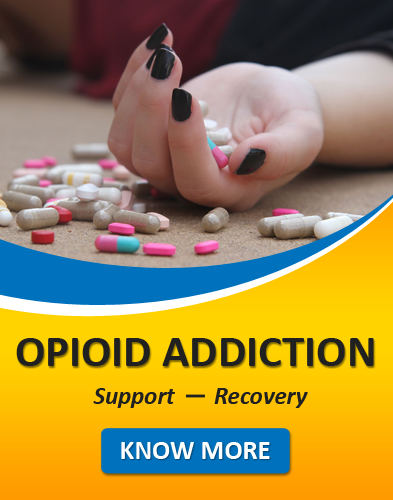 The human brain is a complex structure that acts like a radio transmitter sending signals to every part of our body, amazingly, even a few hours after death. It is said that there are more than a 100,000 chemical reactions taking place in our brain and body every second. Among these thousands, there are a number of neurochemicals, hormones, and neurotransmitters.
The human brain is a complex structure that acts like a radio transmitter sending signals to every part of our body, amazingly, even a few hours after death. It is said that there are more than a 100,000 chemical reactions taking place in our brain and body every second. Among these thousands, there are a number of neurochemicals, hormones, and neurotransmitters.
The following four happy brain chemicals are significantly responsible for our happiness. Let us examine how each one of these happy brain chemicals works and how we can activate them to become happy.
1. Endorphins
Endorphins are chemicals produced after physical exertion or pain. Now, physical pain does not make anyone happy, but when endorphins are released, they reduce the discomfort and help you start feeling better.
Endorphin release often accompanies exercise. When you exercise and work out regularly, you exert physical pressure on your body which is beyond your control. Endorphins rush the system and make you feel energetic instead of exhausted. You start feeling good about yourself and feel like you have achieved something. This is the reason why endorphins are considered as a “fight” mechanism. .
In order to activate endorphins, you can pursue simple exercises such as walking for half an hour. If you are fitter than the regular guy, push yourself. You can go for HIIT or other strenuous exercises. Certain foods such as [amazon_link id=”B00D8TSVS8″ target=”_blank” ]dark chocolate[/amazon_link], lavender, and scented oils are also said to boost endorphin levels.
2. Dopamine
Dopamine is one of the happy brain chemicals, which is released when you expect pleasure and reward from the environment. The brain is always anticipating a “happy feeling” and seeking approval from its surroundings. When you accomplish a goal, a rush of dopamine hits your brain which informs it that you have done something remarkable. At times, even a very simple act of kindness will set-off the release of dopamine, making you feel good about yourself.
People who procrastinate and have low self-esteem have been linked with low levels of dopamine. To activate this happy brain chemical, you need to create goals for yourself and try and meet them. You will notice that as soon as you come close to crossing the finish line, you’ll start feeling happy. Your brain has basically begun to celebrate already by releasing dopamine.
3. Serotonin
A happy brain chemical, serotonin is associated with the social belonging. By feeling important and significant, you can increase serotonin in your system. People who live alone or are depressed have low levels of serotonin. They become loners and develop narcissistic tendencies.
You can activate serotonin by doing several things. Research shows that serotonin levels increase after exposure to sunlight. Of course, working on relationships and being social also helps serotonin levels. If nothing works, there is a whole range of antidepressants that can be taken that target serotonin concentrations in the body. These Serotonin-Specific Reuptake Inhibitors (SSRI’s) are the primary methods of treating depression these days.
4. Oxytocin
Another of the happy brain chemicals is oxytocin. This chemical is associated with human bonding, intimacy, trust, and loyalty. The chemical is released during physical closeness and sexual intercourse, when mothers give birth, and during breastfeeding. It increases fidelity and loyalty. It is an important chemical that creates strong bonds and social interactions within people.
Anyone can strengthen personal relationships. Even small signs of affections such as a hug or a kiss can go a long way. Oxytocin has been known as the cuddle hormone and can be activated through a simple cuddle, even if it’s just a pet you are cuddling.
The human brain is continually undergoing chemical processes that affect how we feel at any given time. By understanding how the happy brain chemicals work, we can trigger them more efficiently. Remember, a healthy lifestyle is a prerequisite for the proper secretion of these happy brain chemicals.







